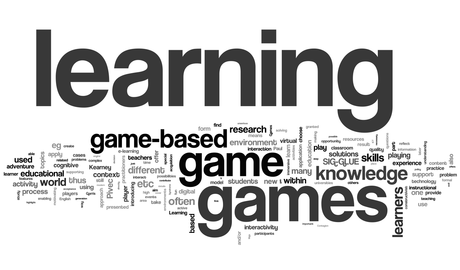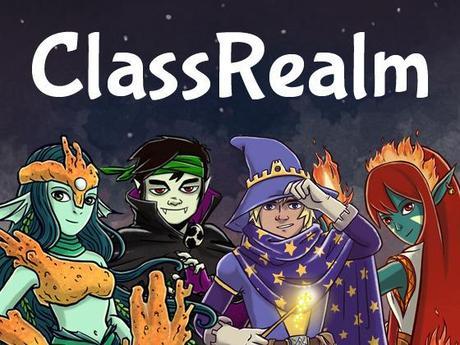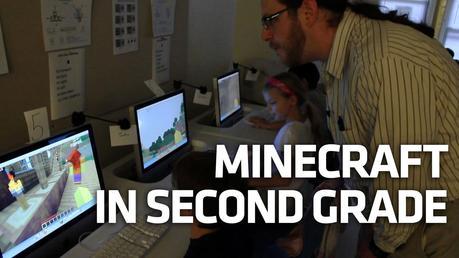 Gamification has always been a topic of great appeal to me, so varied are its uses. To me, it is easily the most potentially useful way for us to apply everything we have learned in designing games to non-game purposes. For anyone who doesn't know, gamification is the notion of applying the theories and concepts that game developers use to encourage certain 'behavior' and apply it to real-world applications, often by including a game like aesthetic. A great example of this is Fitocracy, which takes the concepts of XP, leveling and achievements from gaming and applies them to exercise, creating motivation for one of the most notoriously difficult to motivate activities.
Gamification has always been a topic of great appeal to me, so varied are its uses. To me, it is easily the most potentially useful way for us to apply everything we have learned in designing games to non-game purposes. For anyone who doesn't know, gamification is the notion of applying the theories and concepts that game developers use to encourage certain 'behavior' and apply it to real-world applications, often by including a game like aesthetic. A great example of this is Fitocracy, which takes the concepts of XP, leveling and achievements from gaming and applies them to exercise, creating motivation for one of the most notoriously difficult to motivate activities.But if there is one facet where gamification has the potential to truly make a difference, it's in education.
Our education system has been failing, that is a fact most of us have known for years. Now this is for a multitude of reasons, and I'm not so blind of that to think that there is an easy solution. However, there is one fairly evident problem with our school system today, and that is kids are simply not as engaged with school as they once were.
And to be honest, why would they be?
The way classes have been taught has barely changed in the past few decades. Teacher goes over a lesson, perhaps some examples, assigns coursework, homework, assignments, and tests at the end of every logical segment. Rinse and repeat. But do you know what has changed? Everything Else.
Probably the most common complaint I've heard about "kids these days" is that they are too concerned with tv, movies, video games and computers and don't pay attention to the important things like school. And there is most definitely some truth to that, but the real question is why? That one is easy. The entertainment industry has poured billions of dollars into their advertising, marketing and research to make sure that their products are as high in demand and engaging as possible. Everything else becomes more engaging, school remains the same. It's simple math.
 So can gamification change all that? Individuals like Ben Bertoli seem to think so. Ben is the creator of a classroom gamification tool called ClassRealm, which allows students to create an avatar in a fantasy world, connected with their schooling. Students gain XP as they complete tasks, all of them voluntary, such as answering questions, reading outside of class, helping others and more. Essentially, ClassRealm is giving students the motivation to engage with their material outside of class, and to invest them in the idea of learning.
So can gamification change all that? Individuals like Ben Bertoli seem to think so. Ben is the creator of a classroom gamification tool called ClassRealm, which allows students to create an avatar in a fantasy world, connected with their schooling. Students gain XP as they complete tasks, all of them voluntary, such as answering questions, reading outside of class, helping others and more. Essentially, ClassRealm is giving students the motivation to engage with their material outside of class, and to invest them in the idea of learning.As a kid, I would have been all over this. Wouldn't you?
To look at it from another angle, we need to go no further than The Minecraft Teacher,(Joel Levin) a computer studies teacher in a New York school, who attempted to increase his student's engagement in the material by integrating Minecraft into the classroom. Joel would set up various scenarios for his students to work on when they came in, problems they would have to solve by thinking critically and working together. We all know Minecraft is more than just a game, that it has the versatility to be applied to a massive number of real world problems. But even knowing that, the results were astronomical.
 Joel's student's couldn't get enough of it, and not just because it was a video game. Video games are everywhere, kids see them every day, and the novelty value isn't quite as high as you might think. It was because it let the students engage with the material. Every kid has a natural curiosity and a love of learning, if approached correctly.
Joel's student's couldn't get enough of it, and not just because it was a video game. Video games are everywhere, kids see them every day, and the novelty value isn't quite as high as you might think. It was because it let the students engage with the material. Every kid has a natural curiosity and a love of learning, if approached correctly.Joel's students were in love with the class. They would meet during lunch to plan out their next activities, they would find him in the halls to show him their ideas. They were well and truly hooked on learning. Even further, it wasn't just playing a video game in class that got them. Joel is now running several after-school courses. Apparently, his students couldn't get enough, and signed up for more after school had ended! Certainly something is going right there!
So that is just it, the results are there on the table for us to see. This is a new way for us to think about education, and one that works, that renews kids love of learning and feeds their natural curiosity. Gamification could be the future of education, but only if we let it. Though it flies in the face of decades of conventional teaching methods, we have to recognize that change is necessary. And change starts with recognition, awareness, and our support for the innovators willing to take a chance.

